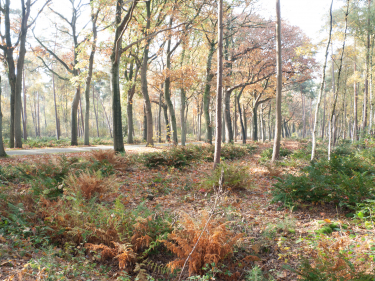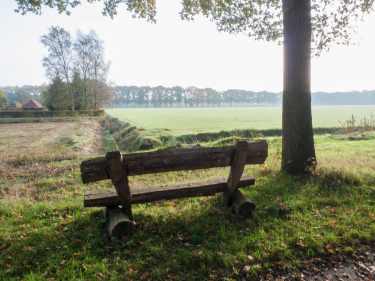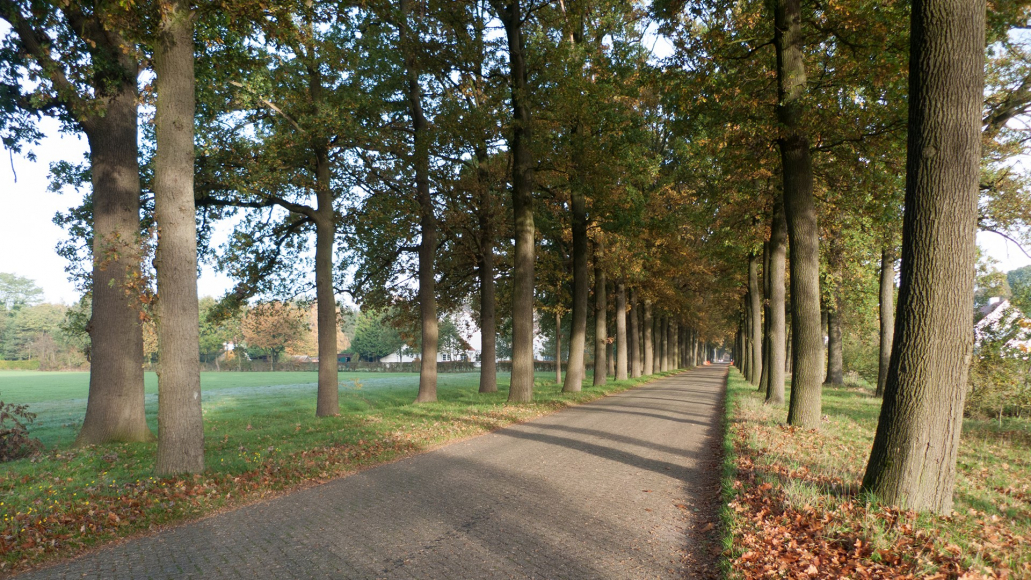From today, four of the seven 'Koloniën van Weldadigheid' ('Colonies of Benevolence', red.) have been declared UNESCO World Heritage. The honour was awarded to Wortel-Kolonie in Belgium and three other 200-year-old colonies in the Netherlands that once started as social agricultural projects to combat poverty and vagrancy. This makes Wortel-Kolonie first Flemish landscape to be recognised by UNESCO.






